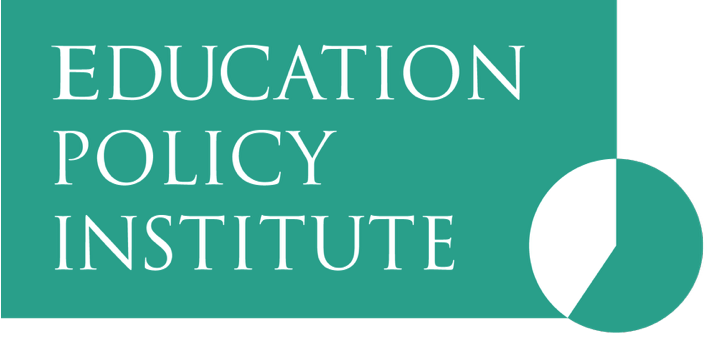In this blog series we have considered the relative GCSE English and maths attainment of pupils with additional needs during the Covid-19 pandemic – those with Special Educational Needs and Disabilities (SEND) and those who speak English as an Additional Language (EAL) – and in particular, we focused on comparisons between pupils with similar additional needs but differing ethnic backgrounds.
The context for the analysis presented in this blog series was the first year of the Covid-19 pandemic which resulted in the use of GCSE grades based on centre-assessed grades, i.e. grades that were decided by teachers and moderated by school leaders, since examinations were cancelled.
Our focus on additional needs was motivated by the increased GCSE attainment gaps experienced by pupils with EAL or SEND in 2020, and our analysis by ethnicity has revealed further variation in outcomes within these groups.
In relation to pupils with SEND, we found that:
- In 2020, pupils with 6+ years of School Support had similarly low GCSE results to pupils with Education Health and Care Plans (EHCPs) who receive greater support for their needs and the protection of a statutory plan.
- This suggests that this ‘shadow EHCP’ group of pupils with 6+ years of School Support are likely to need better support, particularly at and after the transition to secondary school.
- Across ethnic groups, attainment was much more similar for pupils with SEND than it was for all pupils in each ethnic group, especially among pupils with EHCPs or 6+ years of School Support. This suggests that SEND needs account for important variation between ethnic groups.

